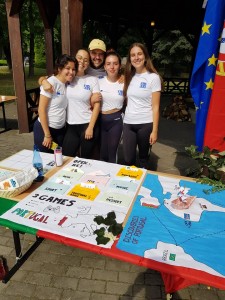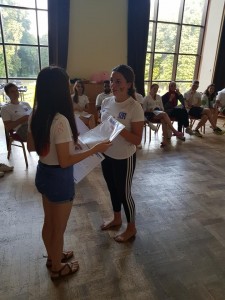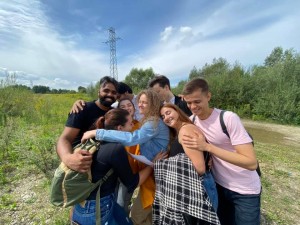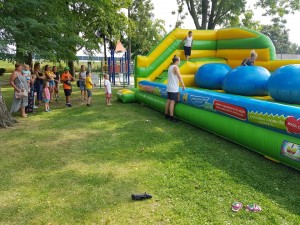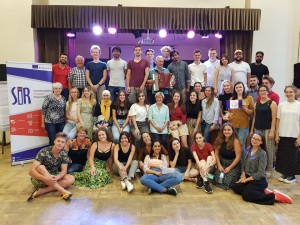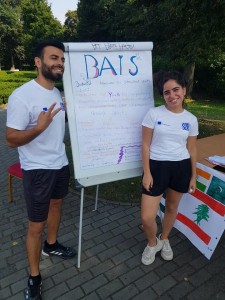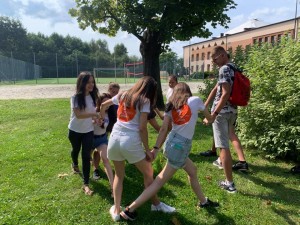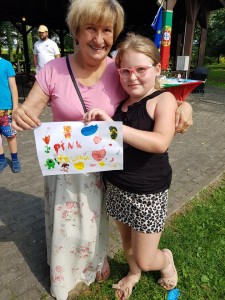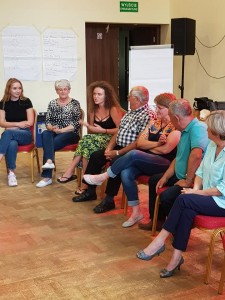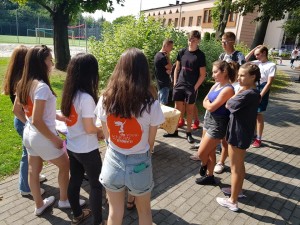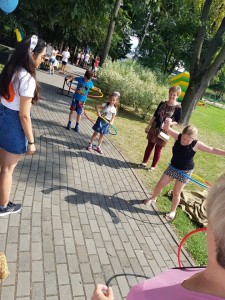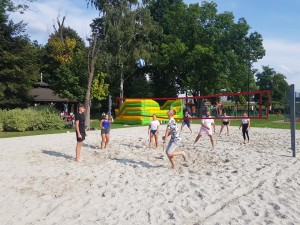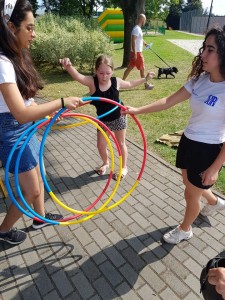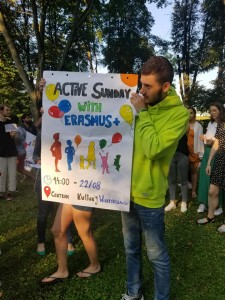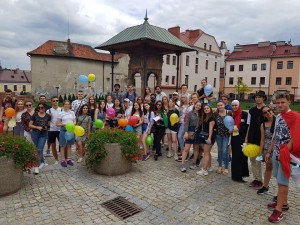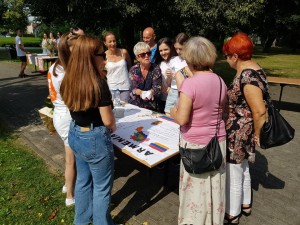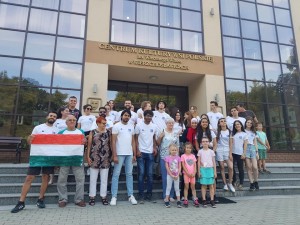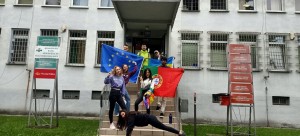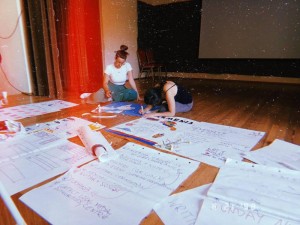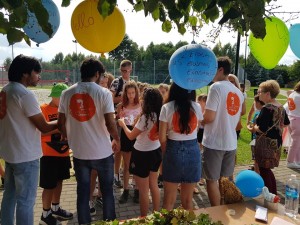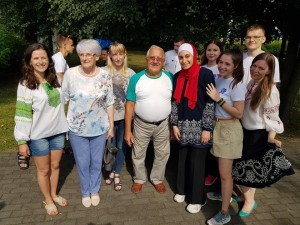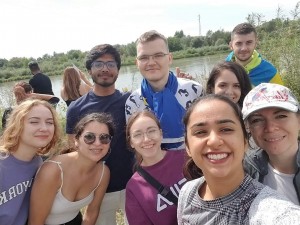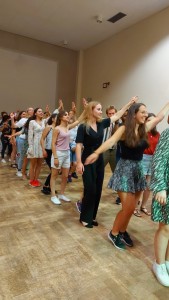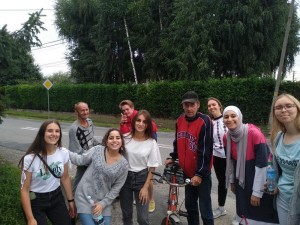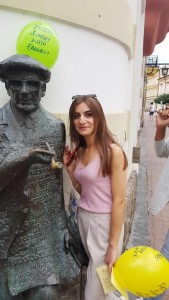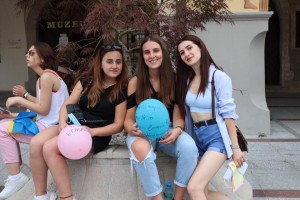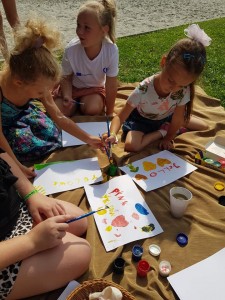Do you(th) know the story?!
Welcome to the website of the Erasmus + project entitled “Do you (th) know the story?”. Its main event was the youth exchange, attended by 42 people, carried out on August 16-23, 2021 in Wierzchosławice near Tarnów. Participating countries: Armenia, Belarus, Poland, Portugal, Hungary, Ukraine. We invite you to view the photo gallery, movie and download the publication prepared by the participants.
Our project “Do you (th) know the story?” was created in response to a serious problem which is the lack of activation of young people. We meant sport, social and intergenerational activity. In the age of the Internet, games and physical activities are slowly becoming a thing of the past, they remain in the memories of our parents, grandparents, and teachers, and for us, names such as – ciuciubabka, hacele, air hockey – sound at least funny. For centuries, imagination, creativity, and the need for contact with other people have contributed to the creation of many games and activities that stimulate creativity, improve physical fitness and motor coordination and, above all, allow you to spend time outdoors with real friends. Our goal was therefore to promote knowledge about the local community and to show the ways in which we can be more active in our immediate environment. For this purpose, it was possible to create both the “Sports chronicle“, which includes a list of games and rules along with photos showing their course, and the local event “Do you (Th) know the story?”, I.e. a sports picnic, in which the participants of the exchange, together with young representatives of the local community, they had the opportunity to measure their strength with older people who have known these games since childhood. It was a great opportunity for intergenerational and international social integration, promoting the EU values of unity, solidarity and unity. Together with our colleagues from partner countries, we also tried to find common games and activities of our ancestors, which gave us an even greater sense of community. Thanks to this, we managed to save traditions and customs from oblivion, activate young people and the elderly, integrate with the local community, and strengthen our sense of unity as Europeans by becoming aware of common stories, traditions, and the simplest games.
This project has received financial grant from the Erasmus+ Programme

